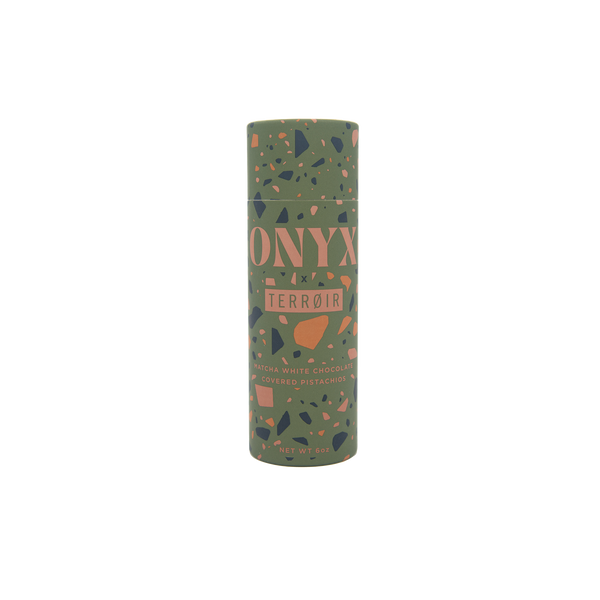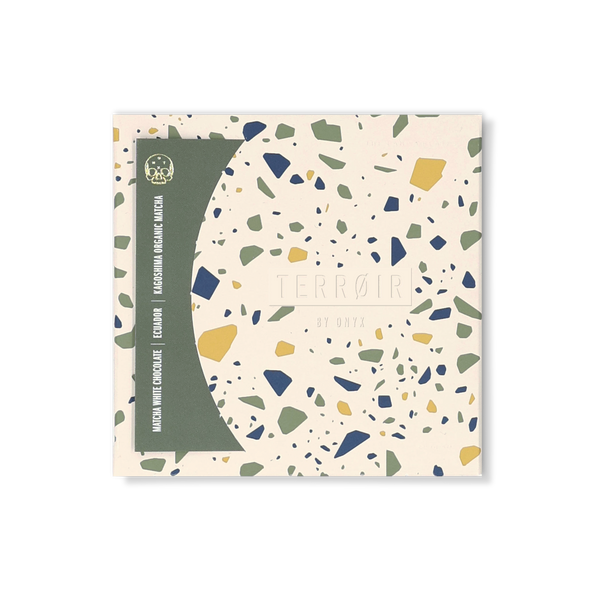Story
Ueda-San is part of a newer generation of tea products located in Wazuka (a historically important tea village for creating famed "Uji" matcha).
This is a single-cultivar matcha, made exclusively for Onyx, is from the late-budding Okumidori cultivar, a traditionally more expensive and lower yielding cultivar than standards like Yabukita (but Okumidori is typically smoother, sweeter, and deeper green in color).
Every part of the production is traditional, including 21 days of "cage-style" shading before harvest. This matcha is packed right there in Uji. It goes straight from the field to the can within a few weeks, sealed air-tight with an oxygen absorber. You can expect a cup with exceptionally balanced taste, vibrant green color, and soft textures in the cup
Matcha Powder:
All matcha is made from high-grade, shade-grown green tea leaves that are ultimately ground into powdered form. The resulting tea powder is traditionally whisked into hot water, instead of steeped, to form a frothy drink. Because the window for production is quite limited and production so labor-intensive, matcha tends to be a more expensive tea. The act of preparing, presenting, and sipping matcha is part of a traditional Japanese tea ceremony called "chanoyu." Generally speaking, matcha created for the purpose of this traditional tea ceremony is the distinction for “ceremonial grade”, versus matcha used in culinary practices. There is no official governing body at this time that regulates this term.



